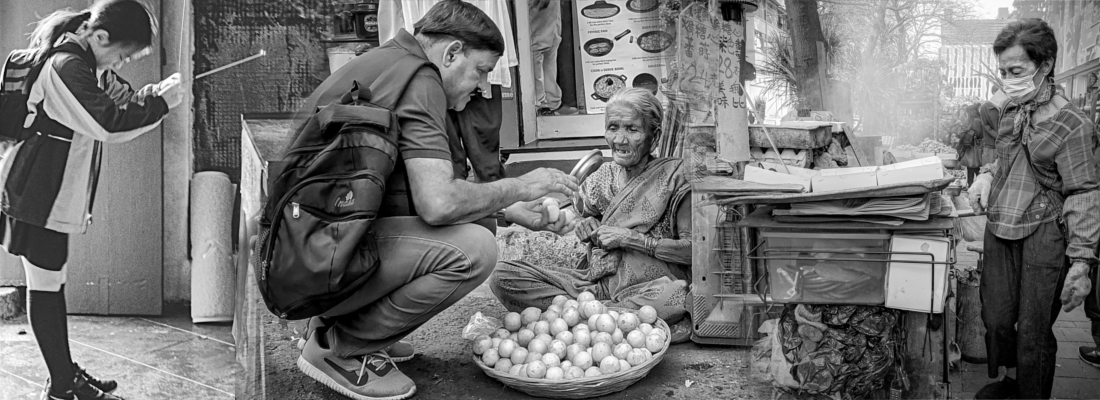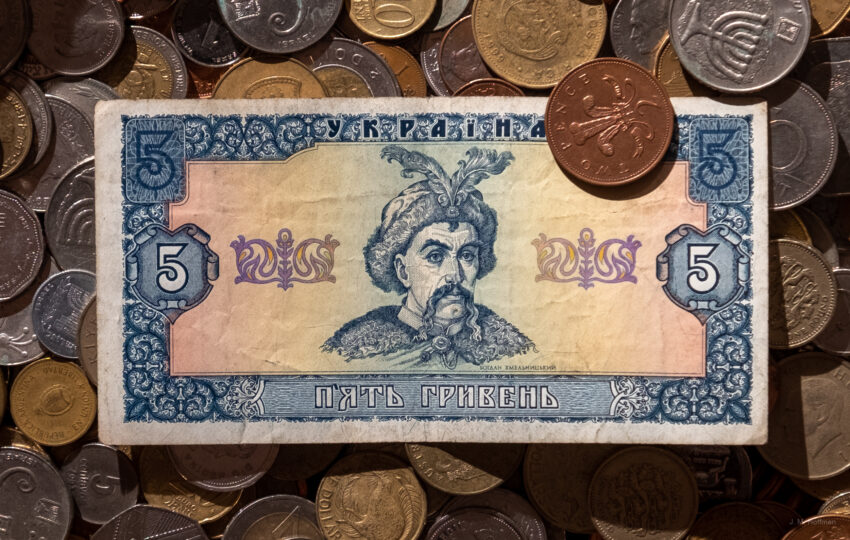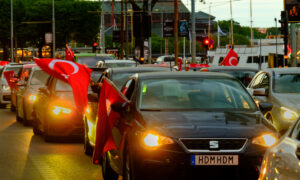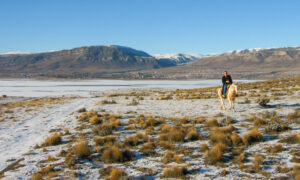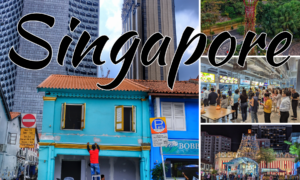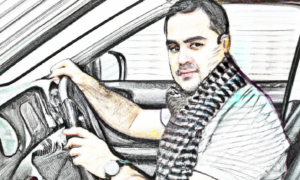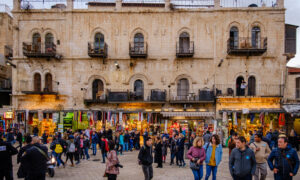This 5-hryvnia note from my first trip to the Ukraine in 1998 symbolizes my complicated relationship with the country.
Worth about one US dollar at the time (now only $0.17), it represented almost a day’s wages for many people there. I was rich in Kyiv despite my modest salary in the US, forcing me for the first time to confront wealth disparity in a serious way. What was I to make of the fact that I earned more in an hour than many people did in a month?
My 5-hryvnia note was sufficient for a 20-minute taxi ride (with a suspicious driver, as you’ll see) or for postage on the postcards I wanted to send back home.
I was with two other foreigners, one Israeli and one American who was living in Kyiv. We all spoke Hebrew. This is why we were so delighted when we hailed a taxi together and it turned out that our driver also spoke Hebrew.
But we should have been suspicious. And later I learned the truth. Our Hebrew-speaking driver was likely not the result of happenstance. Rather, he had probably been following us, sent by the government to keep tabs on us in case we opted to travel by cab. He spoke Hebrew so he’d be able to report back what we were saying.
This would also explain why the hotel clerk at my second hotel also “just happened” to speak fluent modern Hebrew. I was being watched, carefully and continuously.
Or maybe not. It’s hard to know.
The former KGB apparatus was still in place when I was there, even if the local reports weren’t being read by anyone at headquarters. At least that’s what I was told. But that’s the thing about a totalitarian country. You know they are able to follow you, but you never know for sure if they are. (And I guess you never know for sure who “they” is.)
Whatever the case, I didn’t pay for the cab. But I did set out to pay for the stamps some days later.
Kyiv wasn’t set up for tourism, and almost no one spoke English. This was before the era of cell phones, so if I got lost it might be a problem. I knew enough Russian to ask where my hotel was, but probably not enough to understand an answer in Ukrainian. For this reason I was almost never alone in Kyiv, relying instead on a local translator/guide.
Nonetheless, on my last full day there I set out for the post office unaccompanied, having learned from the Hebrew-speaking receptionist/government-minder at my hotel that it was only a 20-minute walk. “You can’t miss it,” he told me.
I missed it.
I still maintain that it wasn’t my fault. I was looking for a sign that said “post office,” while the only external hint that a post office was hiding in that particular building was the mailbox out front.
When I finally entered I saw a beehive of activity behind a reception counter and no other customers. So I walked up to a woman staffing the counter and asked for stamps as best I could in my mediocre Russian.
“We’re not working,” was the reply — a surprising response in light of all the busy workers.
Hmm. Maybe they were on break. “When will you start working again?” I asked.
“When will we start working again??” the woman yelled behind her to no one in particular.
Don’t know! was the anonymous response.
“Don’t know,” she told me.
Well. It was my only chance to buy stamps. And I really wanted to send my postcards. And everyone certainly seemed to be working. So I asked if I could buy stamps and mail the postcards even though they weren’t working. The woman agreed, I got to use my Ukrainian currency, and everything worked out.
I later learned that the workers weren’t working because they hadn’t been paid in several months. My paltry dollar’s worth of currency could have seemed like a fortune to them.
All of which brings us back to the note itself, because it features a man named Bohdan Zinoviy Mykhaylovych Khmelnytsky. Khmelnytsky is famous for leading a huge group of Cossacks in the 17th century, and those Cossacks in turn are famous for two things: They liberated Ukraine from Poland. And they viciously murdered huge numbers of Jews.
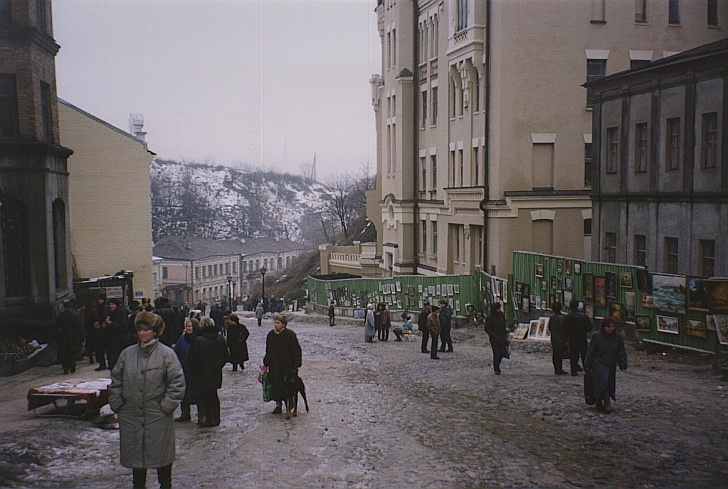
And this is why I have a complicated relationship with Ukraine. Right there on one of their bills they honor a man who killed many of my ancestors.
On one hand, I suppose we have the same dynamic here in the USA. We have a $20 note that honors President Andrew Jackson, who is known, among other things, for creating the modern role of president, but also for the Trail of Tears on which huge numbers of Native Americans died as they were forcibly marched off of their lands.
On the other hand, maybe this just means that Andrew Jackson also shouldn’t be on currency.
On the third hand, Ukrainians themselves must feel some degree of conflict with Khmelnytsky as they try to leave Russia and join the West. It was Khmelnytsky who broke Ukraine free of the West to join Russia. What once seemed like a triumph now in 2023 must seem like a deal with Devil.
And there it is. The celebrated Khmelnytsky orchestrated uncounted deaths, which either does or does not detract from his historical contributions to Ukraine. A circulating bill continues to honor him, which either does or does not reflect badly on the modern Ukraine. And the country is (or only was?) a totalitarian state that tracked me during my visit, which either does or does not diminish the degree to which it deserves our love.
None of this means that innocent Ukrainians deserve to die at the hands of aggressors. Of course not.
Nor does it detract from my connection to the people I met when I was there.
In fact, I’m not entirely sure what it does mean. No pithy concluding lines come to mind. Maybe this time that’s the point.
